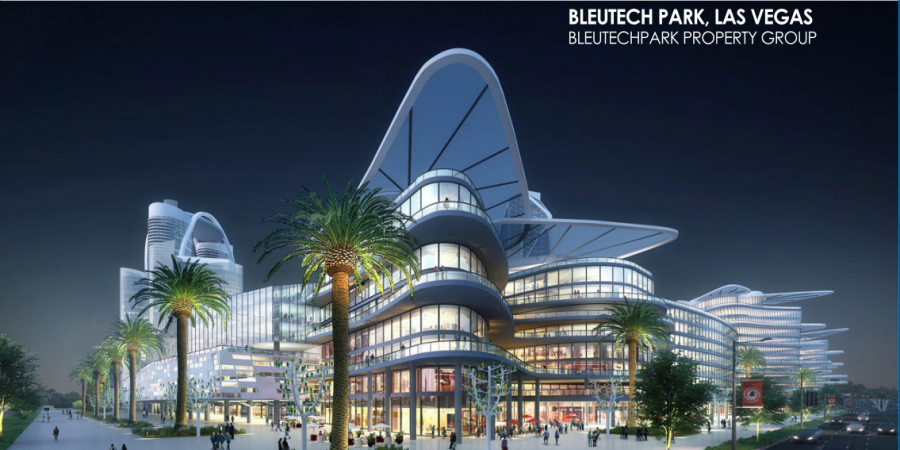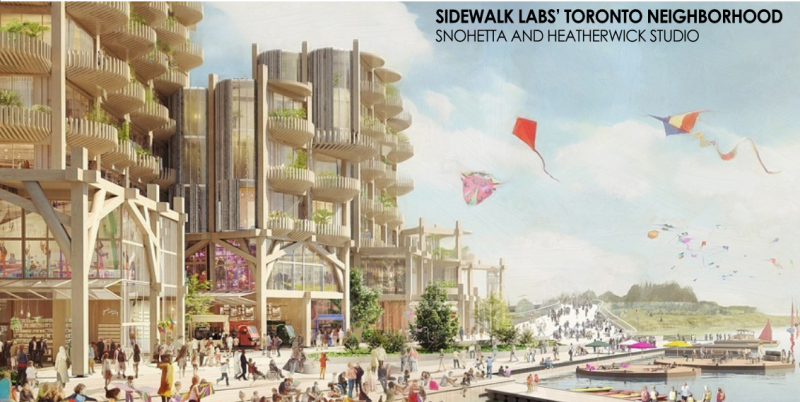
September.03.2019
Smart Cities – the good, the bad and the risky
Digitisation, Artificial intelligence, real-time data and the Internet of Things are accelerating exponentially and they’re reshaping our behaviour, our lifestyle and our society. Are Smart Cities the way we want our cities to be in the future? There are a lot of debates surrounding the pros and cons of Smart Cities. What should Architects do to shape the future of our cities?
Sidewalk Labs recently released their master plan to transform Toronto with high-tech urbanisation. The Google-backed developer proposes a vision to integrate technology into our physical environment to improve our living quality. They promote computer controlled traffic networks to provide a faster, safer and better connected transportation network. Buildings and public realms are to be fitted with technologies collecting real-time data and tracking movements of communities. Residents, workers and communities are connected via the touch of a screen.
There is no doubt that technology is making our living more comfortable and more efficient. We can control our household, buy food, manage our activities and communicate by flicking our fingers over our phone. It is a challenge to live without the internet and our phones. We see Artificial Intelligence or robotics are assisting in construction, helping Architects to design and freeing up peoples time.
No matter how technology can improve our lifestyle, the fundamental question Architects should bear in mind is how they can create and design great places for communities and people to interact with. Technology is only a tool. Being overly reliant on, or letting technology control our design is not sustainable. Smart cities without great spaces for interaction can result in dull places. If technologies are integrated properly in city design, they facilitate interaction and create great places.
One of the challenges we are facing with technology and smart cities is that technology is outpacing policies. The general public is concerned about privacy and online security. Big tech companies are being scrutinised for their data collection practices. The lack of trust in the cyber world is holding back public acceptance. To allow smart cities to reach the next level and increase community confidence, world leaders and lawmakers need to act rapidly to keep government policies matching the trend and demand.




